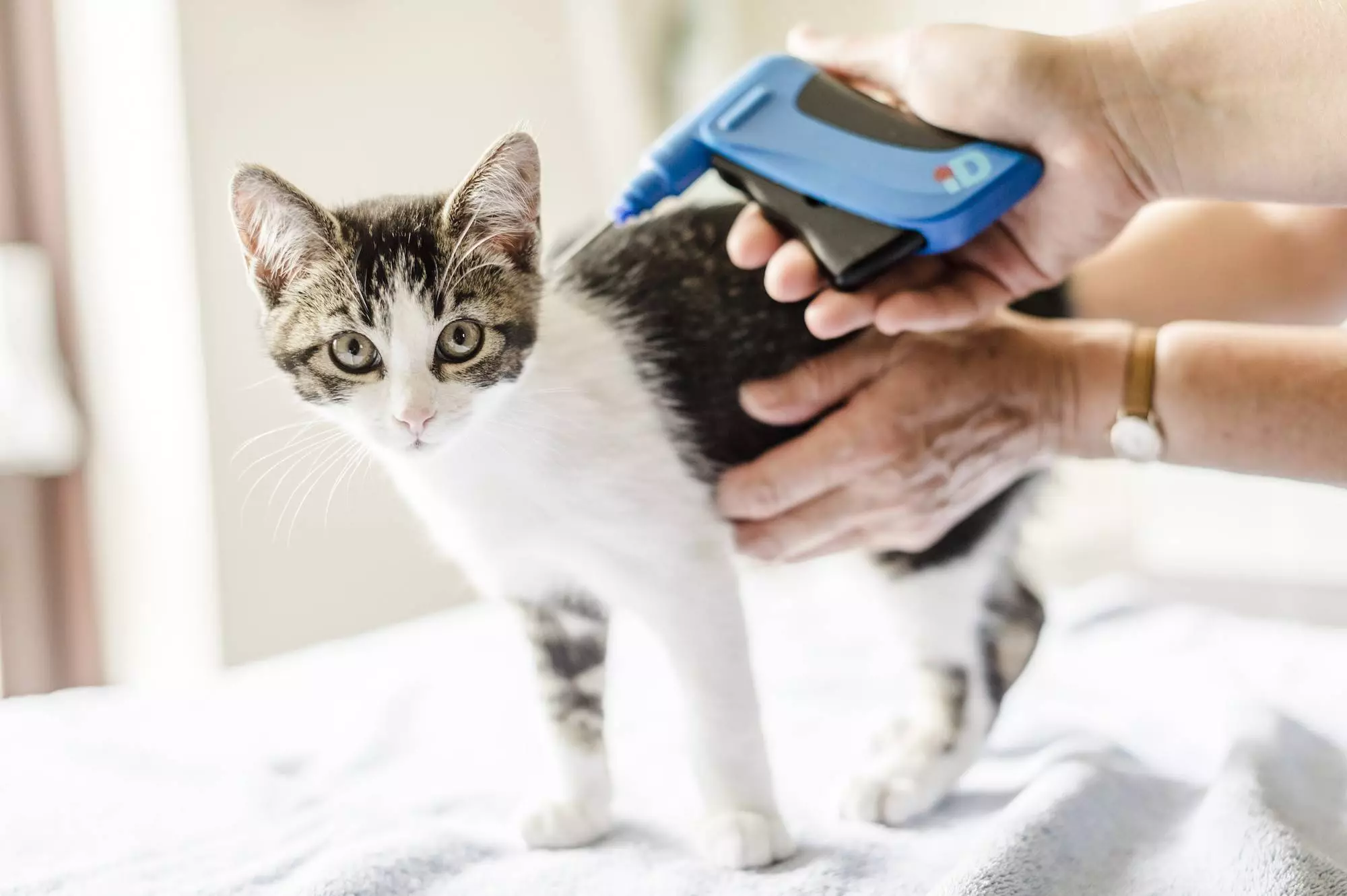Cats have long been cherished companions, bringing joy and comfort to millions of households worldwide. However, for those in England, a looming responsibility now exists—with new legislation mandating that all feline companions must be microchipped by June 10 of this year or risk facing a hefty fine. As noble as the intent behind this law is, shocking statistics reveal that many cat owners are still unprepared to meet this requirement. With approximately 2.2 million cats unaccounted for in terms of microchipping, it becomes imperative to explore not just the law but the compelling reasons behind it.
The Unsettling Reality of Cat Loneliness
As revealed in recent research by Cats Protection, it’s estimated that around 1.9 million cats in England remain unmicrochipped, with around 300,000 owners unaware of their pet’s status. Statistics suggest a glaring disconnect between awareness and action—many cat owners don’t seem to recognize the urgency. Almost one in four of those who haven’t microchipped their cat claim their feline doesn’t wander outdoors, while one-fifth insist their cats don’t go far when they do. While it’s comforting to think our furry friends are safe at home, this naïveté can have dangerous repercussions.
Madison Rogers from Cats Protection astutely points out an unsettling truth: the notion of never losing a cat is a comforting fantasy. The reality, however, is grave. Within the last year alone, an alarming 115,000 pet cats in England went missing and did not return to their loving homes.
The Risks of an Outdoor Adventure
As agile and curious beings, cats can easily dart out of a doorway or slip through an opening unbeknownst to their owners, especially during the inviting summer months. The dangers that await them outdoors are often underestimated. Many lost cats encounter food and water scarcity, vulnerable to life-threatening risks from other animals or traffic. With collars easily falling off or becoming damaged, there’s a significant chance that a wandering cat, even one wearing a collar, could go unrecognized and unclaimed.
In contrast, the durable nature of microchips offers a failsafe solution. Unlike collars that can be misplaced or damaged, a microchip is implanted beneath the pet’s skin—an invisible safeguard providing lifelong identification. By housing a unique identification number linked to a secure database with up-to-date contact details, microchipping reaffirms the bond between pets and their owners, ensuring the best chance of reunion should an escape occur.
The Human Aspect: Stories of Reunification
The importance of microchipping is poignantly illustrated in the words of Alice Potter, a cat welfare expert at the RSPCA. The agency regularly encounters heart-wrenching instances where unmicrochipped cats enter their care, many of whom may remain separated from their owners permanently. The frustrating irony is that even cats that have been microchipped can also face similar fates if their owners fail to update their contact information, resulting in prolonged periods of uncertainty.
The emotional impact of losing a pet is something that resonates deeply with owners like Sandra Sinclair from Tooting. Her poignant story of being reunited with her cat Nutmeg demonstrates the lifesaving power of microchipping. After her beloved cat went missing for weeks, hope flickered when Nutmeg was found 30 miles away. The team at Cats Protection scanned the microchip and promptly returned Sandra’s cherished companion, showcasing how a small chip can bring families back together.
A Call to Action: Microchip Your Cat Today
As the deadline looms for compliance with the microchipping law, it’s vital that cat owners heed the call to action. Beyond prevention of penalties, microchipping your cat represents a moral obligation to mitigate the risks they face. Residents must actively engage with their veterinary practices to facilitate the microchipping process and ensure that their pets are safely registered.
In essence, microchipping transcends mere regulation; it’s a profound commitment to animal welfare and responsible pet ownership. Rather than settling for the false security of collars and luck, every cat owner must take the crucial step to microchip their cat, empowering themselves with a veritable safety net that could save their beloved companions from a life of uncertainty.
